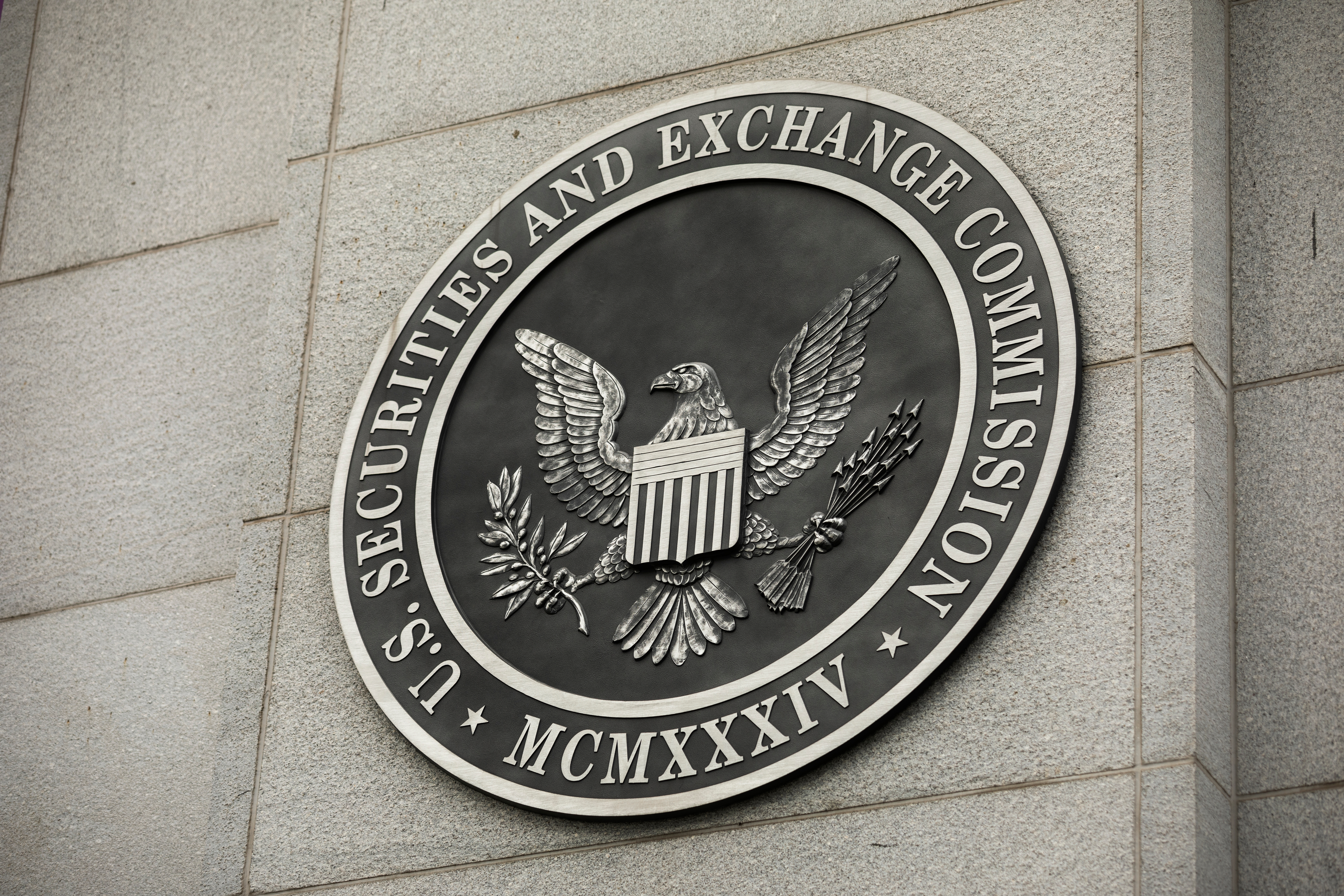VanEck has agreed to pay a $1.75m civil penalty for crossing the line in marketing its VanEck Social Sentiment ETF (BUZZ), according to the Securities and Exchange Commission (SEC).
According to the US regulator, during the March 2021 launch of BUZZ, the ETF issuer failed to disclose a compensation agreement with a social media influencer that VanEck hired to help promote the ETF.
The SEC’s press release and formal complaint said the unnamed social media influencer was taking part in a sliding scale of the ETF’s management fee.
While the influencer was not identified by the SEC, popular social media personality Dave Portnoy, founder of Barstool Sports, was promoting the launch of BUZZ in March 2021.
Portnoy, who has more than three million followers on the X platform, could not be reached for comment for this story.
As the role of influencers on TikTok and Instagram explodes, boosting sales of food, fashion, healthcare and other products, ETF issuers and the broader ETF industry are figuring out how to tap into the marketing potential of social media.
While their role expands, ETF issuers must play close attention and not go afoul of SEC rules, experts said.
"It is the lack of disclosures that got VanEck into trouble, not influencer marketing per se,” Sumit Roy, senior ETF analyst at etf.com, said.
Roy said influencers' role will only grow: "In many cases, it is more effective than traditional advertising.”
VanEck, which manages $67.8bn assets across 68 ETFs, did not immediately respond to a request for comment. A spokesperson for the SEC also declined to comment.
BUZZ, which uses artificial intelligence to pick stocks that are mentioned positively online, currently has $58.9m assets under management (AUM).
VanEck pays for BUZZ
April Rudin, founder and chief executive of the marketing firm The Rudin Group, criticised VanEck’s efforts as poorly planned and executed.
“What is the purpose of the influencer and what do you hope to accomplish?” she said. “Dave Portnoy might be great at influencing over pizza or sports, but I am not sure about the connection to ETFs.”
The influencer's compensation grew as the fund expanded.
“To incentivise the influencer’s marketing and promotion efforts, the proposed licensing fee structure included a sliding scale linked to the size of the fund so, as the fund grew, the index provider would receive a greater percentage of the management fee the fund paid to VanEck,” the SEC release reads in part.
VanEck appeared to have not kept itself informed of SEC rules around marketing, Rudin suggested.
“If they are going to enter into influencer marketing, they should be aware of the regulations,” she said. “But, also, in our influencer economy, most people know that those are paid ads.”
Meanwhile, Adam Gana, a securities lawyer and partner at the law firm of Gana Weinstein, believes the influence of influencers is a slippery slope leading to nowhere good.
“Social media influencers should not be involved in the promotion of ETFs,” he said. “It goes toward the continued gamification of investing, and that is not the way investing works.”
However, as critical as Gana is of influencers infiltrating the financial sector, he argued this is just the beginning.
“I expect to see more of it, not less,” he said. “It will be endless as long as we have social media personalities that can influence people.”
This article was originally published on ETF.com



